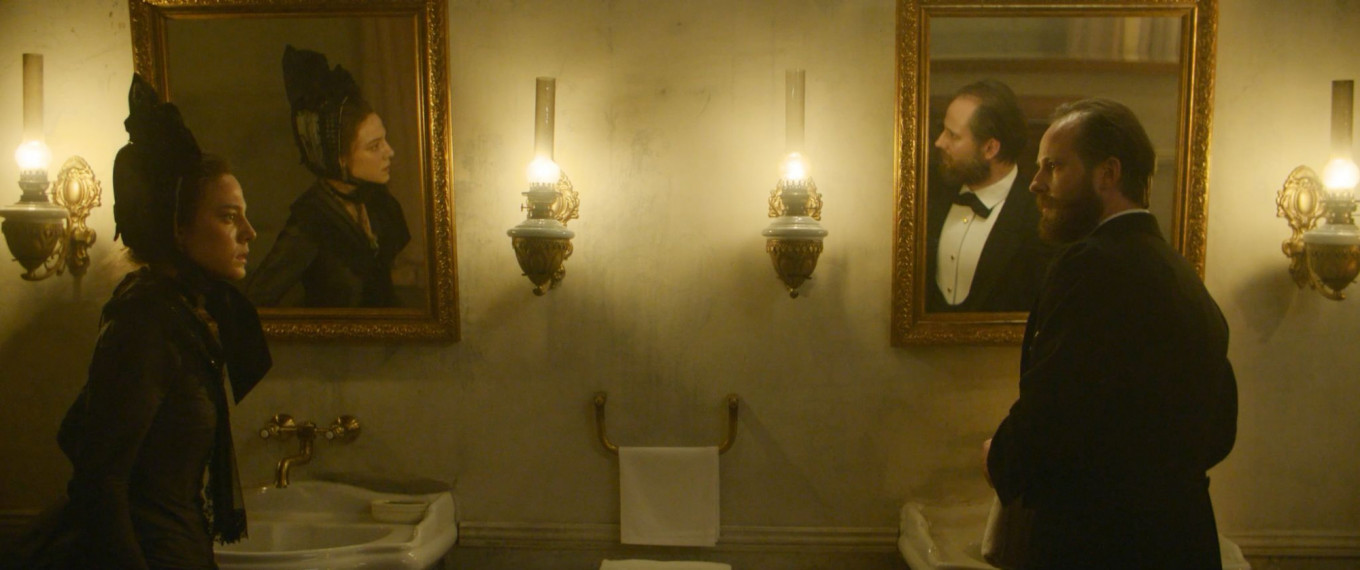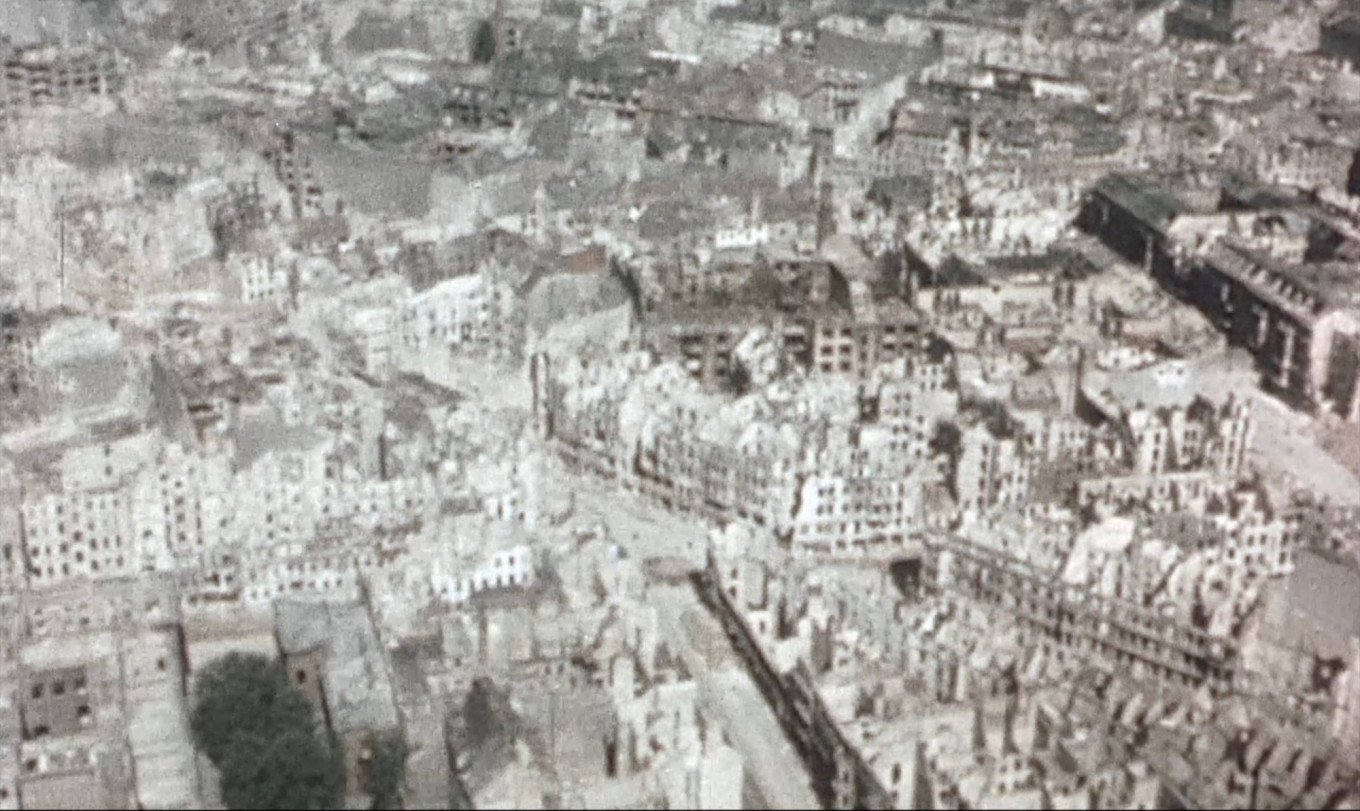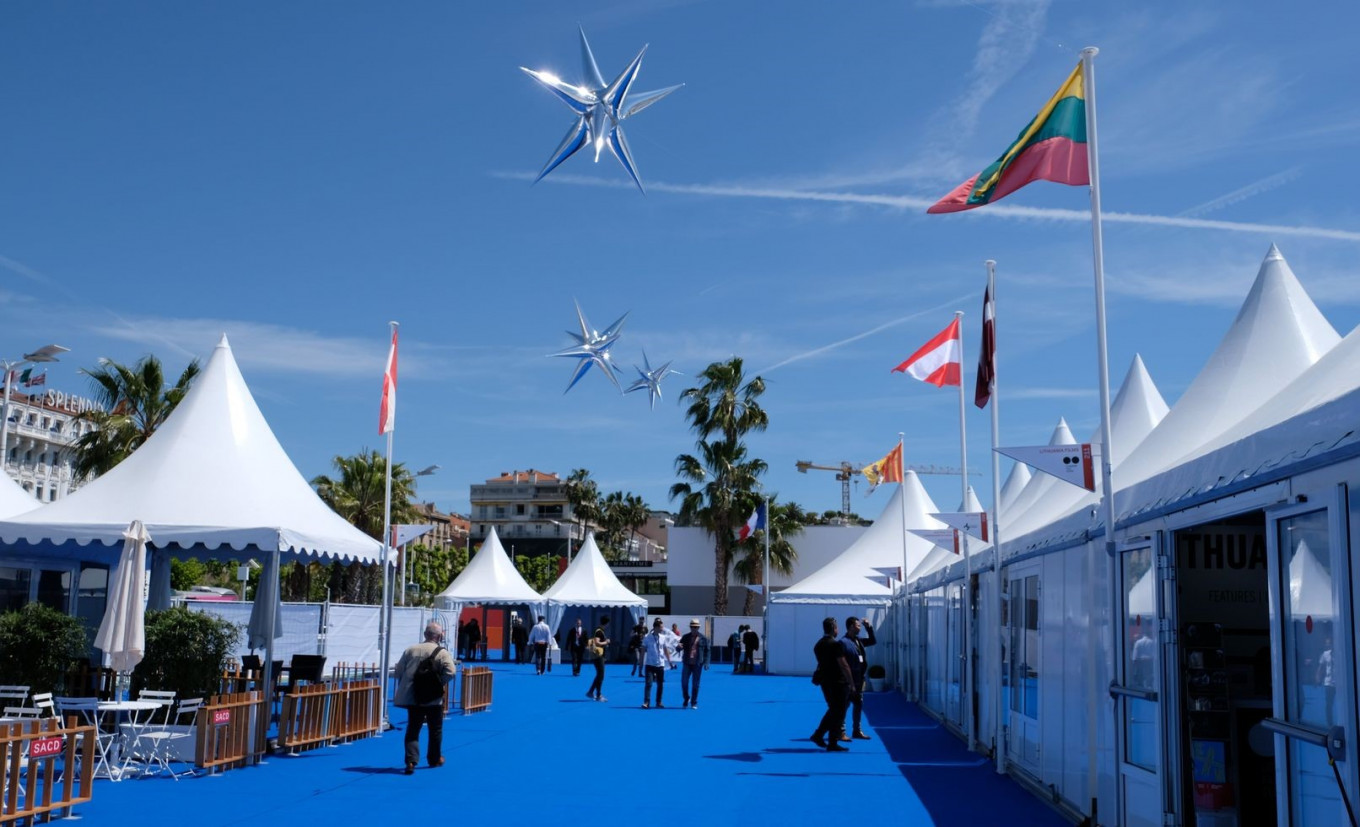Every year the Cannes Film Festival is dominated by certain topics with a particular political focus. This year’s theme was the Russian invasion of Ukraine.
Discussions and disputes began when the film “Tchaikovsky’s Wife” by Russian director Kirill Serebrennikov was entered into the main competition.
The president of the European Film Academy Agnieszka Holland criticized the festival for not taking a hard line on Russia. The Polish director called for a total boycott of Russian culture, saying: “If it were up to me, I would not include Russian films in the official program of the festival.”
She added that all Russian culture, even the classics of the 18th century, must be reconsidered since they are all products of “Russian imperialist aggression.” Some Ukrainian producers called for “erasing everything Russian” because there are “no good Russians at the moment.”
However, the festival director Thierry Fremaux remained unmoved by these arguments. “We always have to separate the artistic vocation of Cannes from the collective and political issues that are going on around the world.” For the same reason, he did not insist on renaming the opening film “Z” (pronounced “Zombi”) by Michel Hazanavicius, despite petitions, believing that the decision should be made by the director himself. (Hazanavicius did rename his picture “Final Cut” shortly before the festival).
On the other hand, the festival provided a stage for the President of Ukraine during the opening ceremony.

Although Russian culture was more or less officially banned, it appeared everywhere. The music of Tchaikovsky accompanied the opening of the festival and the first walk along the red carpet. The opening film of the Director’s Fortnight program was the film “Scarlet” by Pietro Marcello, based on a classic Russian novel by Alexander Grin. In “Les Amandiers” Valeria Bruni-Tedeschi returned to her youth – showing how the graduates of the Nanterre theater school performed Anton Chekhov’s “Platonov.”
Sometimes Russian culture surfaced in satirical form, like in this year’s Palme D’Or film by Ruben Östlund “Triangle of Sadness,” which depicted a Russian oligarch on a luxurious yacht – with both his wife and mistress – and quoting Marx and Lenin.
Some of the filmmakers waxed nostalgic for the old days. At the press conference to “Armageddon Time” the American filmmaker James Gray said, “It’s impossible to look at the world as currently constructed, at least the Western World – at least my own country.”
“I am not advertising for Soviet-style communism,” he continued, “I went to the Soviet Union in 1984. It was completely broken, but you at least you have some other system. Today, it’s the market; the market is God.”

There was no pleasing everyone. Ukrainian director Sergei Loznitsa brought to Cannes his new documentary “Natural History of Destruction” about the shelling of German cities by British and American aircraft during the World War II and the systematic and unjustified destruction of the civilian population. Although he had supported the boycott of Russian culture, Loznitsa spoke out against its total ban. His Ukrainian compatriots responded with a demand to boycott his films such as “Donbas,” “Maidan,” and “Babi Yar” — films that had been previously boycotted in Russia. He was also expelled from the Ukrainian Film Academy.
When Loznitsa received the France Culture Awards, he said in Russian, “I am addressing you now in my native language, which I have spoken in my hometown of Kyiv since childhood… Modern Ukraine is a multinational and multicultural country. The demand for a boycott of Russian-speaking culture — which is both the achievement and the wealth of Ukraine — is archaic and destructive.”
Before the war, the international prestige of Russian cinema was higher than it had ever been before. The Cannes film festival celebrated not only eminent directors such as Andrei Zvyagintsev and Kirill Serebrennikov, but also newcomers such as Kira Kovalenko, who received the main award at the second most important competition Un Certain Regard for “Unclenching Fists” last year. Another co-production project with Russia, “Compartment No. 6,” won the Grand Prix. But the global backlash to the war cut Russia instantly off from the international film community.
Despite the current situation, a few members of the Russian film industry were present at Cannes — about one tenth the number that came last year. They were trying to make deals at the Marché du Film business market. One filmmaker told The Moscow Times, “When contacts between countries are broken, they are still maintained between individuals.”
The Russian filmmakers had no idea what the future holds for Russian cinema. Some feared it may go back to the Soviet era of filmmaking. On the other hand, Russian cinema might develop a dissident branch, like the films of Serebrennikov. He is already working on his new projects, a biography of the Russian writer Eduard Limonov and the life story of film director Andrei Tarkovsky. His production of “The Black Monk,” based on a novel of Anton Chekhov, will open the oldest theater festival in Avignon in July.






